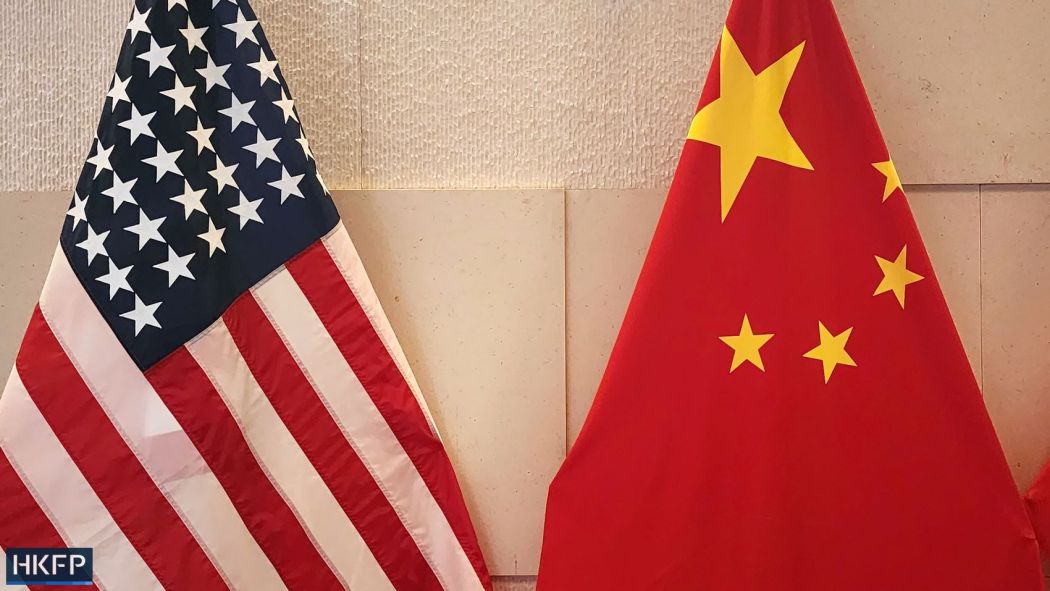China is ramping up use of AI-generated content and fake social media accounts to inflame division in the United States and elsewhere, according to the latest report from Microsoft’s threat center.

Beijing has “doubled down” on targets and increased sophistication of its influence operations, Microsoft threat analysis center general manager Clint Watts said in a report released late Thursday.
“China is using fake social media accounts to poll voters on what divides them most to sow division and possibly influence the outcome of the US presidential election in its favor,” Watts said in the report.
“China has also increased its use of AI-generated content to further its goals around the world” as well as in the US.
Chinese influence operations continue to “opportunistically jump” on events such as a train derailment in Kentucky and wildfires in Maui to promote mistrust of the US government, according to the report.

The polling about controversial US domestic issues “indicates a deliberate effort to understand better which US voter demographic supports what issue or position and which topics are the most divisive, ahead of the main phase of the US presidential election,” Watts wrote.
The report concluded there is little evidence that the influence operations have succeeded in swaying opinions thus far.
The threat center reported late last year that social media accounts “affiliated” with the Chinese government had used social media accounts to impersonate US voters to influence midterm elections in 2022.
“This activity has continued and these accounts nearly exclusively post about divisive US domestic issues such as global warming, US border policies, drug use, immigration, and racial tensions,” Watts wrote.
“They use original videos, memes, and infographics as well as recycled content from other high-profile political accounts.”

Microsoft saw a surge in the use of AI-generated content used to augment China-linked online influence operations aimed at the presidential election in Taiwan in January, according to Watts.
“With major elections taking place around the world this year, particularly in India, South Korea and the United States, we assess that China will, at a minimum, create and amplify AI-generated content to benefit its interests,” Watts wrote.
Microsoft’s report also noted that North Korea has begun to use AI to steal cryptocurrency, attack supply chains, and gather military intelligence more effectively.
Dateline:
San Francisco, United States
Type of Story: News Service
Produced externally by an organization we trust to adhere to high journalistic standards.
Support HKFP | Policies & Ethics | Error/typo? | Contact Us | Newsletter | Transparency & Annual Report | Apps
Help safeguard press freedom & keep HKFP free for all readers by supporting our team

LATEST FROM HKFP
HKFP has an impartial stance, transparent funding, and balanced coverage guided by an Ethics Code and Corrections Policy.
Support press freedom & help us surpass 1,000 monthly Patrons: 100% independent, governed by an ethics code & not-for-profit.










